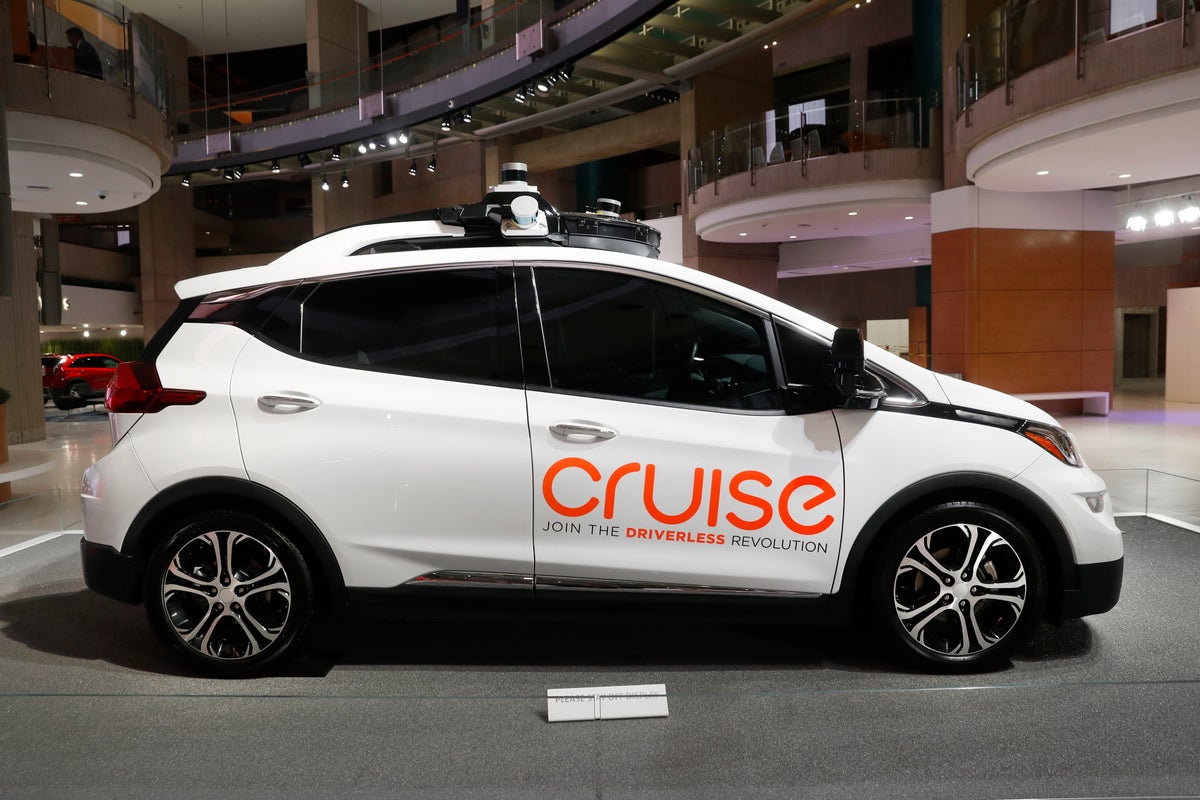
General Motors' Cruise autonomous vehicle unit is recalling all 950 of its cars to update software after it dragged a pedestrian to the side of a San Francisco street in early October.
The company said in documents posted by U.S. safety regulators on Wednesday that with the updated software, Cruise vehicles will now remain stationary in similar cases.
The Oct. 2 crash forced Cruise to suspend driverless operations nationwide after California regulators found that its cars posed a danger to public safety. The California Department of Motor Vehicles revoked the license for Cruise, which was transporting passengers without human drivers throughout San Francisco.
In the crash, a human driven vehicle hit a pedestrian, sending the person into the path of a Cruise autonomous vehicle. The Cruise initially stopped, but then pulled to the right to get out of traffic, pulling the person about 20 feet (six meters) forward.
Cruise says in documents that it already has updated software in test vehicles that are being supervised by human safety drivers. The driverless fleet will get the new software before resuming operations, the company says.
Cruise has also tested a robotaxi service in Los Angeles, as well as cities like Phoenix and Austin, Texas.
While the Department of Motor Vehicles didn’t elaborate on specific reasons for its suspension of Cruise’s license, the agency accused Cruise of misrepresenting safety information about the autonomous technology in its vehicles. The revocation followed a series of incidents that heightened concerns about the hazards and inconveniences caused by Cruise’s robotaxis.







